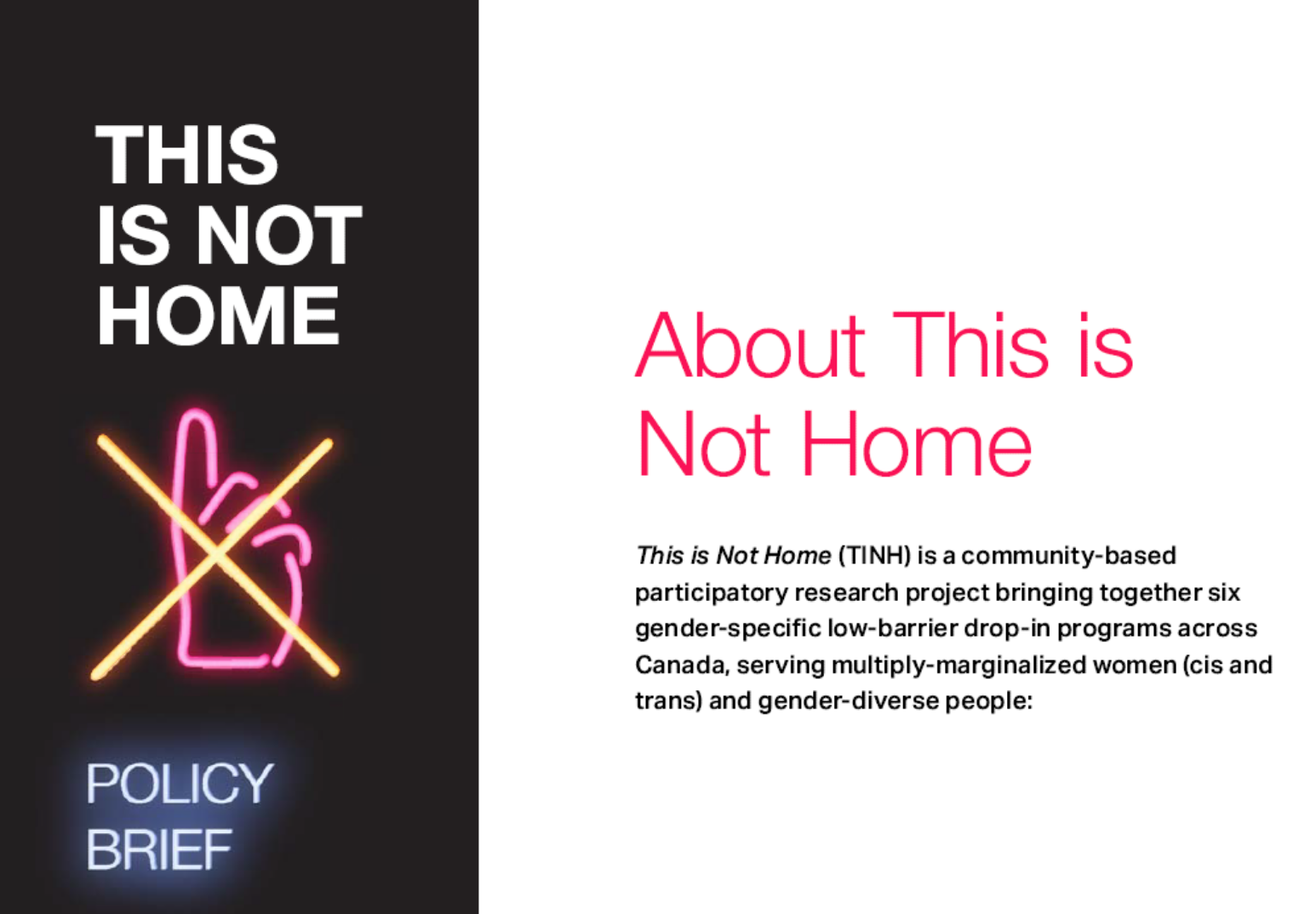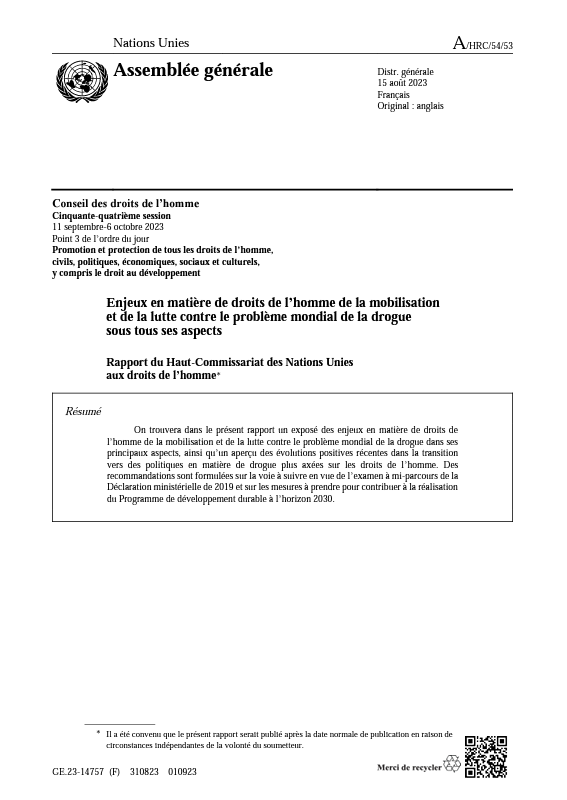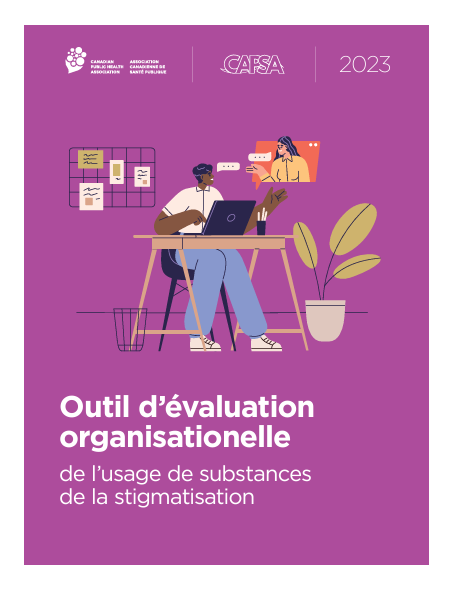Find a Resource
Search through our library of curated information and resources.

Population
Communications toolkit for employers of men in trades
Toolkit
Employers of men in trades can use this toolkit to talk to their employees about substance use and addiction. You can: download and use these tools …
Source : Health CanadaFormat: Link
Published: 2022
Topics: Health promotion, Population-specific resources
Dads in Gear
Website
This resource addresses the issues of fathering and masculinities in the context of reducing or eliminating tobacco use. It uses a gendered approach …
Source : University of British Columbia (UBC), Dads in GearFormat: Link
Published: 2017
Topics: Trauma - and violence - informed approaches and gender-informed responses, Indigenous cultural safety, Treatment and harm reduction

Substance Use and the Workplace: Supporting Employers and Employees in the Trades
Toolkit
Opioid overdoses and deaths are a public health crisis affecting many working Canadians. Use of alcohol, cannabis, cocaine and other substances also …
Source : Canadian Centre on Substance Use and Addiction (CCSA)Format: PDF
Published: 2022
Topics: Health promotion, Determinants of health

Les femmes, les drogues, la grossesse et l’État
Webinar
Les femmes font face à un rehaussement des barrières pour l’accès aux services sociaux et de santé et lorsqu’elles utilisent des drogues et/ou qu’ell…
Source : StimulusFormat: Audiovisual
Published: 2020
Topics: Stigma and stigma reduction, Stories and perspectives, Population-specific resources
On the A-Gender: Community Monitoring Tool for Gender-Responsive Harm Reduction Services for Women who Use Drugs
Toolkit
Worldwide, women who use drugs are vastly underserved within health and social services and programmes. National and international research, services…
Source : International Network of People who Use Drugs (INPUD)Format: PDF
Published: 2020
Topics: Data collection tools, Population-specific resources
This is Not Home: Policy Brief
Fact sheet/infographic
This policy brief outlines key findings and policy recommendations from This is Not Home (TINH) - a community-based, participatory research project t…
Source : Homeless HubFormat: PDF
Published: 2021
Topics: Harm reduction, Housing, Determinants of health, Trauma - and violence - informed approaches and gender-informed responses, Population-specific resources

Enjeux en matière de droits de l’homme de la mobilisation et de la lutte contre le problème mondial de la drogue sous tous ses aspects
Report
On trouvera dans le présent rapport un exposé des enjeux en matière de droits de l’homme de la mobilisation et de la lutte contre le problème mondial…
Source : Office of the United Nations High Commissioner for Human Rights (OHCHR), International Drug Policy Consortium (IDPC)Format: PDF
Published: 2023
Topics: Harm reduction, Implementing a public health approach to substance use, Decriminalization

Outil d’évaluation organisationnelle de l’usage de substances et de la stigmatisation
Toolkit
Cet outil a été conçu en partenariat avec l'ACEPA pour aider les organismes à identifier les politiques, ainsi que les facteurs environnementaux et c…
Source : CAPSA, Association canadienne de santé publiqueFormat: PDF
Published: 2023
Topics: Stigma reduction, Determinants of health

Le maternage et les opioïdes: S’attaquer à la stigmatisation — Agir en collaboration (Trousse À Outils)
Toolkit
Les domaines de la consommation de substances et des services de protection de l’enfance connaissent un grand nombre de changements, en vue de mettre…
Source : Centre of Excellence for Women's HealthFormat: PDF
Published: 2019
Topics: Determinants of health, Stigma reduction, Substance-specific resources, Population-specific resources
Bringing Gender into Substance Use & Addiction
Fact sheet/infographic
A fact sheet describing the impacts of gender on substance use.
Source : Centre of Excellence for Women's Health (CEWH), Canadian Institutes of Health Research (CIHR)Format: PDF
Published: 2019
Topics: Determinants of health, Trauma - and violence - informed approaches and gender-informed responses, Population-specific resources
